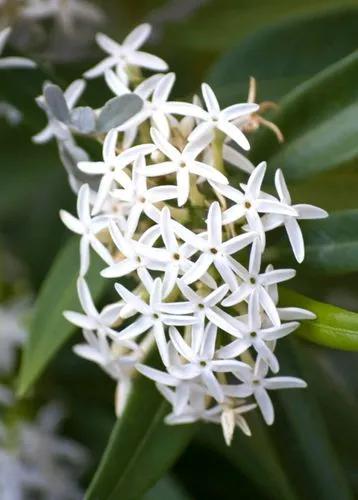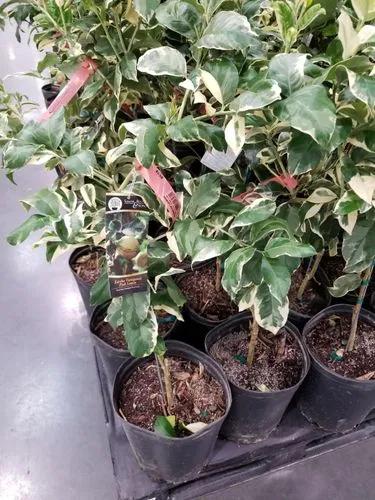Oriental persimmons (Diospyros kaki), grown in U.S. Department of Agriculture plant hardiness zones 7 through 13, produce fruit that is superior to the fruit of native persimmons (Diospyros virginiana), but the trees may suffer injury or death in temperatures below 10 degrees Fahrenheit. They produce fruit that is either astringent -- inedible until fully ripe and soft -- or non-stringent, and usually both male and female oriental persimmon trees are required at a site for the trees to produce fruit and seeds. Most oriental persimmons average heights of 20 feet with some as short as 10 feet and some as tall as 30 feet. Pests and diseases are rarely problematic in oriental persimmons.
Diospyros Kaki Care
Diospyros Kaki



How to Care for the Plant

Water

Water the trees as needed to keep the soil moist but not wet, especially in the first few years after planting. Check the soil to a depth of 3 inches, and add water only if the soil is dry at that depth. Using that technique prevents overwatering. The trees usually require watering once each week but may need additional water during hot, dry, summer months.

Fertilizer

Apply a complete fertilizer in early spring and midsummer. A complete fertilizer, such as 10-10-10, provides equal parts nitrogen, phosphorous and potassium. An oriental persimmon requires 2 ounces of fertilizer for each year of the tree's age, but split that amount between the spring and midsummer fertilizer applications. For example, a 1-year-old oriental persimmon tree requires 1 ounce of the fertilizer in early spring and 1 ounce in midsummer.

Sunlight

Select a site that receives full sun

Soil

Mix the native soil from the holes with organic matter, such as compost manure, shredded bark and/or leaf mold. Include enough organic matter so that the amended soil contains 50 percent native soil and 50 percent organic matter.

Popularity

209 people already have this plant 42 people have added this plant to their wishlists
Discover more plants with the list below
Popular articles






